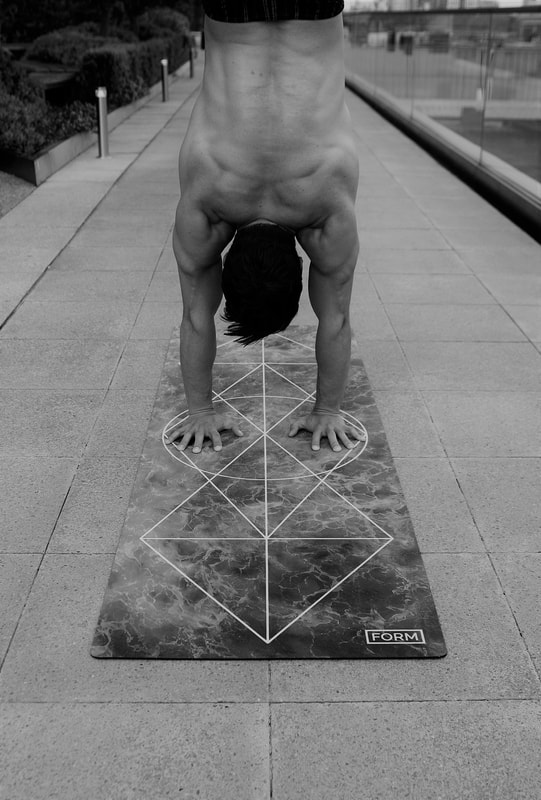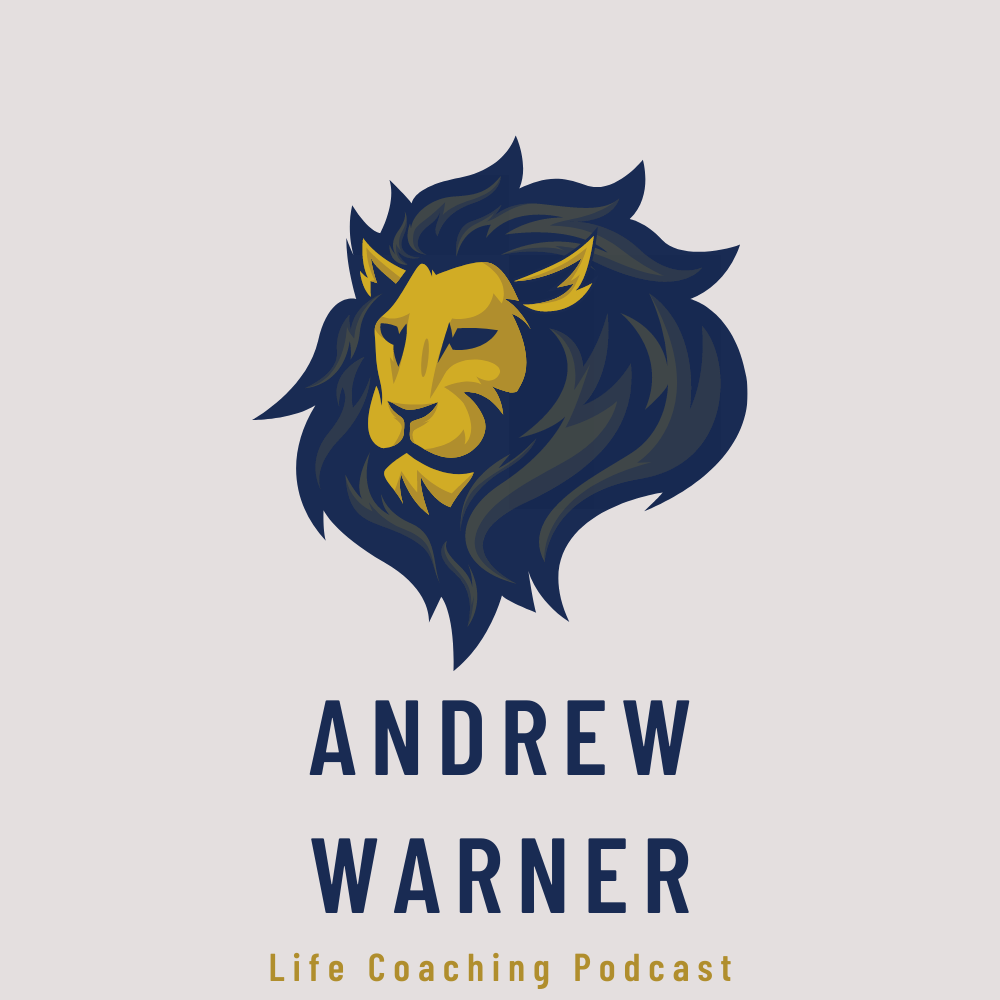|
It is well known that popular styles of exercise like CrossFit or Yoga have developed cult like religious followings. It has also recently been thoroughly reported that religion is on a decline in America with the thoroughly-reported “rise of the nones” - a spike in people identifying their religion as “none.” As my clients know, or fans of Tony Robbins know, anything that improves your state and meets your six human needs at a high level is going to create a happier, more fulfilled human being with fervor for whatever it is that is meeting those needs. CrossFit, Yoga, SoulCycle and other secular very often are doing a far better job at meeting people’s human needs than the previous standard bearer of fulfillment: religion. This isn’t an investigation into the truth of God or the afterlife, but a practical look at why you love your workout or your church - OR why you may have given up on one or the other. Whether it is your workout or your religious life, you’re only going to be happier if they are doing these things for you: Are they meeting your 6 human needs at a high level?:To answer this question, obviously you need to know what your six human needs are (from Tony Robbins): 1. Certainty: assurance you can avoid pain and gain pleasure Religion and your 6 Human NeedsCertainty: Religion thrives on certainty. They are providing you certainty on many levels. They are giving you certainty of getting to heaven. They provide certainty through the rituals that are performed daily or weekly that make life predictable and comfortable. There is a lot of predictability and routine which is the hallmark of certainty. Variety and uncertainty: Religious communities will give you variety in different ways. They can do it with small groups, special events, or unpredicted challenges to your church (financial or otherwise) that you need to meet. Significance: Your spiritual community has various ways of making you feel unique or important. You can be a reader at church, or an usher, or join the choir. Even the pastor remembering your name is a way to make you feel significant. A church that is doing well will notice when you aren’t there and tell you they missed you or call you to see why you haven’t been around. Connection/Love: Your church should be giving you both a social community and a stronger connection to God. Whether or not it feels like connection or the much stronger love will determine how much you love being a part of your religion. Growth: Most churches challenge you to grow. To change your behavior. Some hold you accountable through confession or private conversations. If a church isn’t challenging you to grow and providing ways to do so, then it’s not helping you in every way it needs to. Contribution: Churches all ask you to financially contribute, and most people feel good doing so. People who really love their church life go further and volunteer for festivals, lead some type of ministry or otherwise. The more a church pulls you into to contribute, the more you will love your religious life. Listed above is how religion should function when it is doing well. From a practical standpoint, religion is obviously not firing on all cylinders in meeting people’s needs, because they are more excited about their workout life than they are their religious life. Crossfit/Yoga and your Six Human NeedsCertainty: Just like church, exercise studios are built on routine. There is always a class there for you and it usually mostly what you’re used to. Once you’ve gone to a class a few times, you get the idea of what you are in for. It is exciting and scary at first, and then it becomes a comfortable routine. Someone is there to guide you and make sure you stay safe even has you push yourself. Uncertainty/Variety: Variety is built into a good workout. In CrossFit you might work your upper body one day and then your legs the next. There might be new people in class or a new instructor. There’s always a little something to give you those unfamiliar experiences to help you grow. Significance: This will vary from place to place, but if they are doing a good job they will remember your name. They will miss you when you are gone. They will ask you to help the new guy to make you feel important. They will praise you when you break your previous record. Connection/Love: One thing I have heard someone say about CrossFit is that they notice when you’re not there. The other thing I hear is that you are accepted as you are and wherever you are is okay. This is not always the message that comes out of religious life (though some would argue that is what it should be). There is something about a bond built by sweat and hard work that religious life has a hard time competing with, but these fitness communities put in work together and they love each other for it. They celebrate with each other when they succeed and pick each other up when they fail. That is a strong way to build connection and love. Everyone is bonded around the simple idea of improvement and there is little to no room for bickering about dogma and doctrine (an activity that breaks down connection in a community). Growth: The advantages that exercise communities have over religious ones is how tangible the growth is. Growth is built into workouts. Your body will physically change in appearance and the amount of work you can do or weight you can lift will tangibly change if you show up regularly. It’s not subjective and it’s not up for debate. Last week you lifted 100. This week you lifted 125. Contribution: I touched on this in the connection section, but CrossFit communities are designed to encourage people and to welcome new people and to help them push through their challenges. You might help sweep the floors at your gym. You might show someone how to do a particular exercise. You might say “good job” to the new guy. All this stimulates the idea that you are contributing to a community. Anything that stimulates 4 of these at a high level becomes like an addiction. People who are getting 4 or more of these out of a religion or a workout will become an evangelist for that workout or religion. At this point in time, the religious communities of our country could learn a lot from the workout communities that are thriving and growing while the amount of religious people continues to decline. How do they change your state?There are three components to the triad of your state - focus, physiology, and language. From a coaching perspective, anytime you can change one of these, we know your state will be altered. For example, a depressed state could look like this: Physiology: Head down, gaze down, shoulders slumped, talking slow, laying down, breathing shallow. Focus: thinking about the money you don’t have, what your significant other isn’t doing for you, what’s wrong with you. Language: What’s wrong with me? Why aren’t I doing better? Why is this happening to me? I’m the worst. Obviously, any workout , especially one guided by a decent or exceptional instructor who is feeding you motivation and encouragement, is going to change all three of these easily. Here’s what a state would look like during a yoga session: Physiology: Head up, shoulders up, expansive posture, deep breathing, active and mobile use of your entire body, and deep breathing. Focus: Thinking about your body, your breath, successfully accomplishing difficult, your physical improvement, NOT focusing on your day to day challenges. Language: “you’re doing great,” “breathe,” “I’m getting stronger,” “I made time for myself,” “I’m doing it!” As you improve control of the triad, you can command and shift this at any time (within reason - there’s always a place for genuine emotion or grief). In reality, most people have never heard about the triad and don’t even know where to begin to change their state or their mood. They just go along with whatever is natural - even if it’s negativity. Workout are a hack to change states for them. Aside from the release of endorphines from any workout, they are having their state consciously shifted through their workout process. Religion will do the same thing, except the emphasis is on humility and gratitude (kneeling, bowing, head down). I like to use praying the rosary as a prime example of how religion shifts your state. For those that don’t know, praying the rosary is repetitive prayer (language), focusing on certain powerful stories from the Bible (focus), and people will often walk or assume a prayerful position while praying it (physiology) leading to a state of reverence, gratitude and hopefulness. Workouts focus more on increasing your power which can be more moving in the short term - though I’d recommend you practice experiencing graciousness and gratitude as well as power on a regular basis. If not these, find your fulfillment somewhereSome of the best people I know are deeply religious and deeply into their fitness community. They aren’t in competition with each other at the end of the day. When functioning properly, they should both add to your life. If you’re not into either, that’s fine as well. But you will have to make sure to do things regularly that meet your 6 human needs in a way that is good for you and others around you - because when you don’t, that’s when problems start taking over your life.
Want to find more fulfillment in life? Book your first session with me today and sign up for my mailing list to get coaching in your inbox.
1 Comment
1/24/2024 09:50:58 pm
Thank you for providing information about CVS Health Pharmacy and their customer feedback survey. It's great to know that they are committed to improving their services. The opportunity to win a $1000 cash prize by participating in the survey at https://www.cvshealthsurvey.me/ is definitely enticing. I appreciate the chance to share my feedback and contribute to their continuous improvement efforts.
Reply
Leave a Reply. |
Andrew WarnerYour life coach. The Andrew Warner Podcast:Archives
November 2021
Categories
All
|
CompanyLife coach based out of Indianapolis, IN but helping people everywhere.
|
|



 RSS Feed
RSS Feed